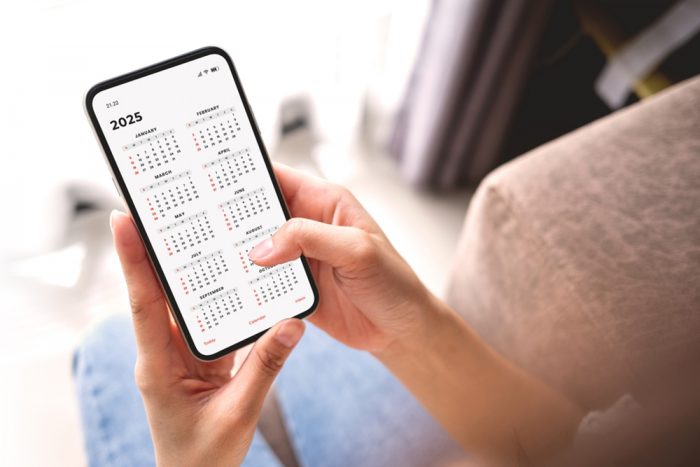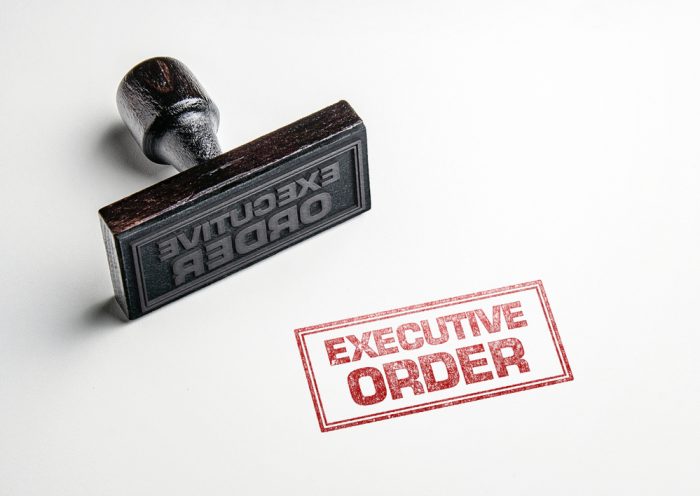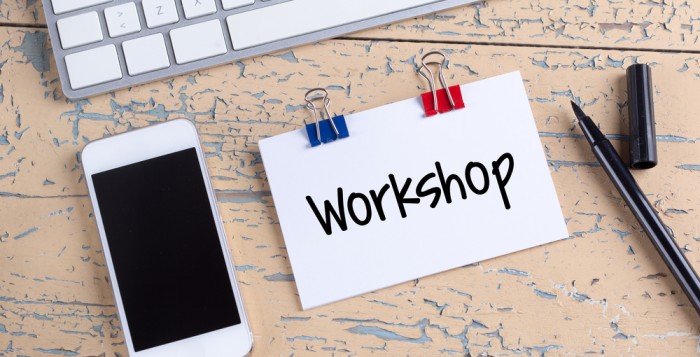Dexcom Issues Correction for Dexcom G6 and G6 Pro Software:
This recall involves correcting devices and does not involve removing the devices from where they are used or sold. The FDA has identified this recall as the most serious type. This device may cause serious injury or death if you continue to use it without correction.
Affected Product
- Product Name: Dexcom G6 Continuous Glucose Monitoring System G6 and G6 Pro Android US CGM App, Version 1.15.0
- This correction only affects users of v.1.15.0 of the Android US App and does not apply to other users. All affected devices have been updated to resolve this issue.
- Unique Device Identifier (UDI): SW11678: 00386270000811
What to Do
Upgrade from app version 1.15.0 as soon as possible.
On September 18, Dexcom Inc. sent all affected customers an Urgent Medical Device Correction message recommending the following actions:
- Upgrade from app version 1.15.0 as soon as possible.
- Open App Store and search for Dexcom G6 app.
- Install latest Dexcom G6 app version.
- Open Dexcom G6 app.
- Contact Technical Support at 1-844-478-1600 for further assistance.
- Users will no longer be able to use app version 1.15.0 after October 6, 2025.
Reason for Correction
Dexcom Inc. is correcting the Dexcom G6 Continuous Glucose Monitoring System’s G6 and G6 Pro Android US CGM App version 1.15.0 due to an identified bug that can cause the app to terminate unexpectedly. As a result, the user may not receive estimated glucose values, alarms, or alerts. If a user is unaware that the app has terminated, there is potential for missed detection of a high blood sugar (hyperglycemic) or low blood sugar (hypoglycemic) event.
The use of affected product may cause serious adverse health consequences, including hyperglycemia, hypoglycemia, and death.
As of September 16, Dexcom has not reported any serious injuries or deaths associated with this issue.
Device Use
The Dexcom G6 Continuous Glucose Monitoring System is a real-time continuous glucose monitoring system that sends glucose readings to a compatible smart device or the Dexcom receiver every five minutes. The Dexcom G6 and G6 Pro Android US CGM App is an application for compatible smart devices that displays glucose levels and trends.
Contact Information
Customers in the U.S. with questions about this recall should contact Dexcom Technical Support at 1-844-478-1600.
Additional FDA Resources
Unique Device Identifier (UDI)
The unique device identifier (UDI) helps identify individual medical devices sold in the United States from manufacturing through distribution to patient use. The UDI allows for more accurate reporting, reviewing, and analyzing of adverse event reports so that devices can be identified, and problems potentially corrected more quickly.
How do I report a problem?
Health care professionals and consumers may report adverse reactions or quality problems they experienced using these devices to MedWatch: The FDA Safety Information and Adverse Event Reporting Program.


















